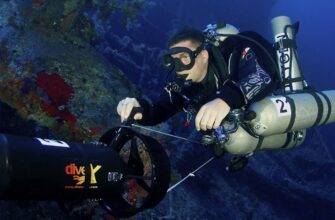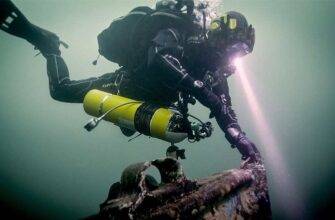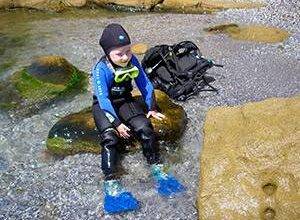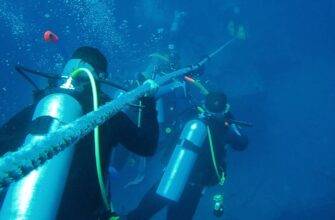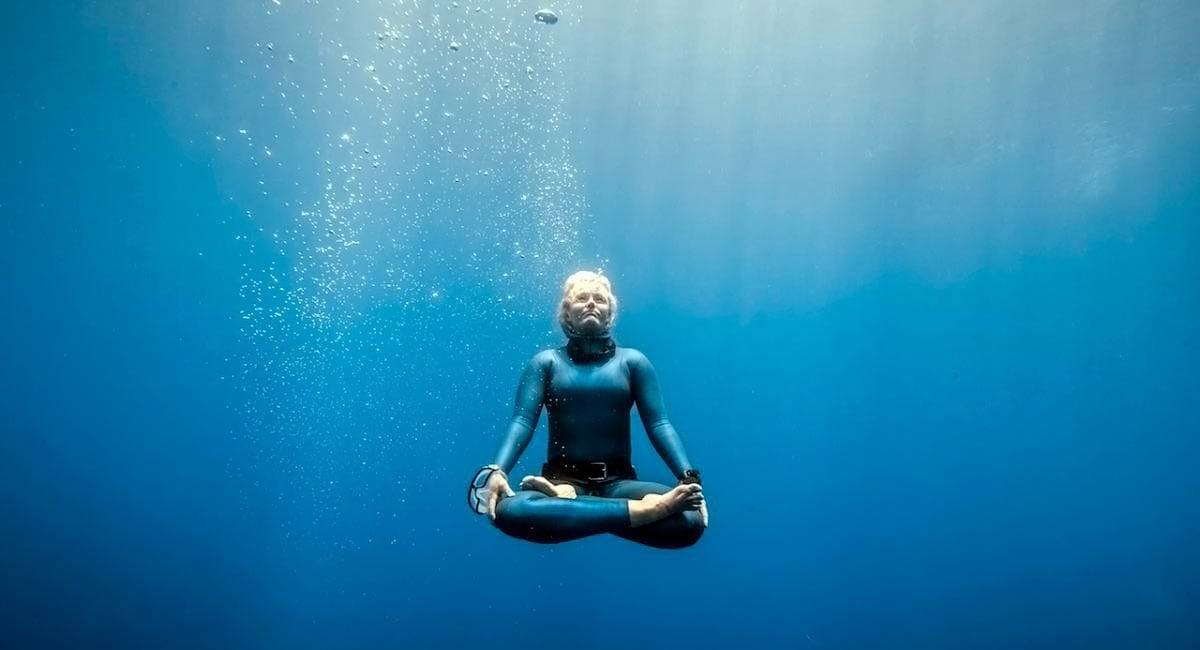
Freediving is the sport of breath hold diving. However, freedivers use their skills not only for sport but also for commercial purposes, such as pearl diving. How long can a person not breathe?
In this article we will talk about the amazing abilities of the human body, and consider the world records and the most striking records from the Guinness Book of Records.
One, two, three, a deep breath and the hero of an adventure movie dives underwater, seeking to find a sunken treasure or a cherished escape from death. Surely you’ve tried to hold your breath with a screen character at least once, trying to match your abilities? We at our lotusdiving.net always try to answer the most interesting questions. How long can a person survive without air in reality? What is true and what fiction? Let’s sort it out!
Officially recorded records of the top 10 record holders
These guys don’t seem to need oxygen at all – they are quite comfortable at depth. Each of them at one time stirred up the public by showing their ability not to breathe underwater.
10th place Stefan Misfud
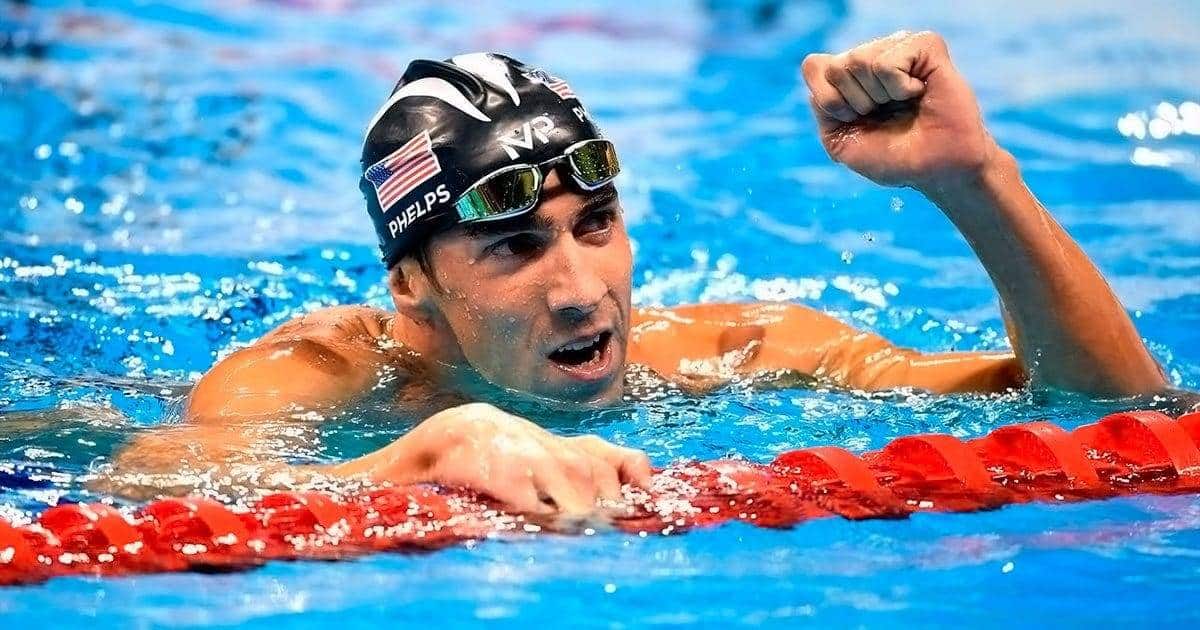
French swimmer Stéphane Misfoud tops the list of record-breakers. In 2009 he managed to stay underwater without breathing for 11 minutes, 35 seconds minutes! Of course, the record was not so long, but he was the first to beat Marc Stepanek’s long time record of 8 minutes, 6 seconds (2001).
9th place – Robert Foster
Back in 1959, Robert Foster set the bar that no one could dress for decades – he lasted without air for 13 minutes and 40 seconds.
Robert Foster was not a professional diver. His profession was that of an electronics technician.
That’s how, a simple man, seeking to surprise himself and his family, set a new world record.
8th place – Arvydas Gaičiūnas
This participant is also not a swimmer. Arvydas Gaičiūnas is a magician from Latvia. In 2007, he decided to amaze his audience with a new trick: the assistants chained up the magician and his assistant, and then immersed them in a transparent glass flask. Arvydas stayed under water for a full 15 minutes and 57 seconds. His charming assistant (who is also the stuntman’s sister) surfaced a little earlier, at 13 minutes.
What was it: a demonstration of a not-so-great physical fitness or just a clever deception of vision? Even professional athletes looked at this couple with admiration and a share of white envy.
7th Place – David Blaine White
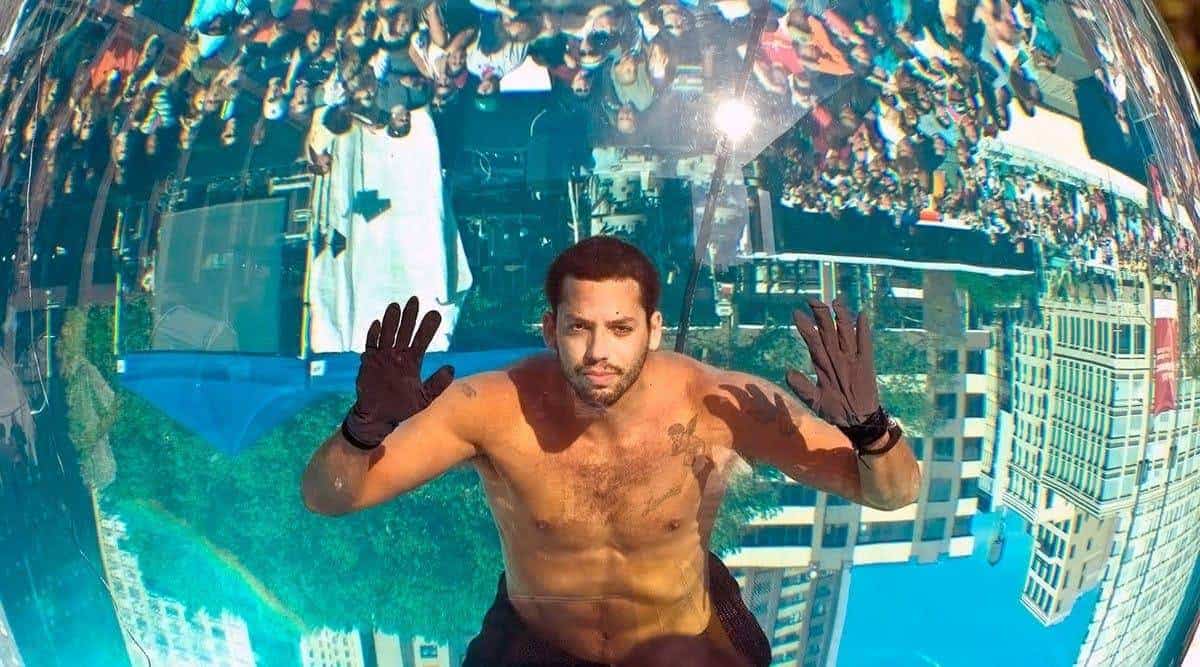
It is likely that David Blaine was inspired by the feat of his Latvian colleagues and decided to claim the title of the most extreme magician. He promised his audience that in 4 months he would master the art of freediving and raise the bar so high that only a desperate lunatic could reach it. And he made good on his promise, setting a new record by holding his breath for 17 minutes.
David Blaine’s stunts are extremely life-threatening and require serious physical training. No other illusionist has ever been able to repeat them.
6th place – Niccolo Putignano
Italian Niccolo Putignano spent two years in regular training to break the illusionist’s record. He dived out of the water when his stopwatch showed 19 minutes and 3 seconds. In 2010, he enthusiastically told journalists that in order to achieve this result, he attended all freediving competitions without exception, each time showing a better result.
5th place – Peter Colat
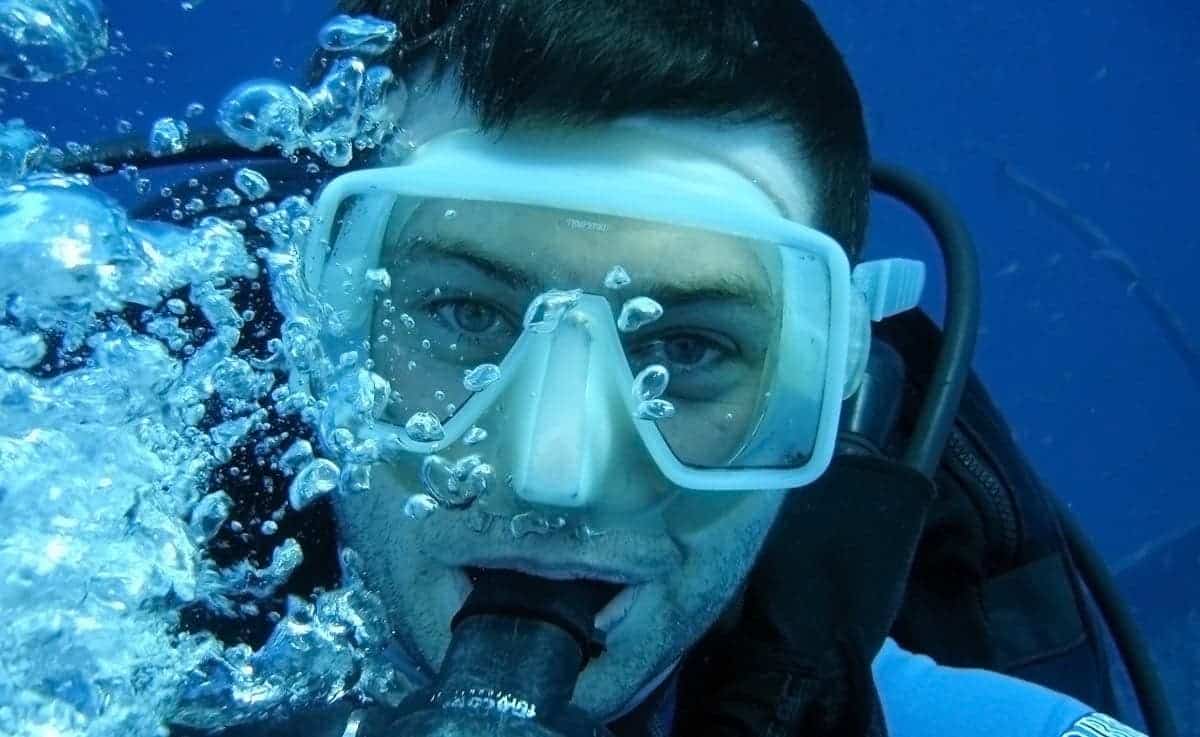
A couple of months later, the Italian diver from Switzerland beat him by only 17 seconds. Despite such a small gap, he set a new world record.
4th place – Riccardo Baja
Brazilian Riccardo Baja is a two-time champion. First, he set the record for holding his breath on land and then proved to everyone that he was ready to repeat the experiment underwater as well. He was able to go 22 minutes and 21 seconds without oxygen. What is remarkable – despite the impressive figure, there is very little information about his record. That’s because he was quickly overtaken by the next competitor.
3rd place – Tom Sitas
Water is Thomas’ second home element. From an early age, he spent time at sea, honing his freediving skills, and his efforts were rewarded – his 22-minute 22-second performance earned him a place in the Guinness Book of World Records and made him a national celebrity. From the blue screens of German television, Thomas taught viewers how to eat right and train. This case is a direct confirmation that one second can dramatically change a person’s life.
2nd place – Goran Kolak
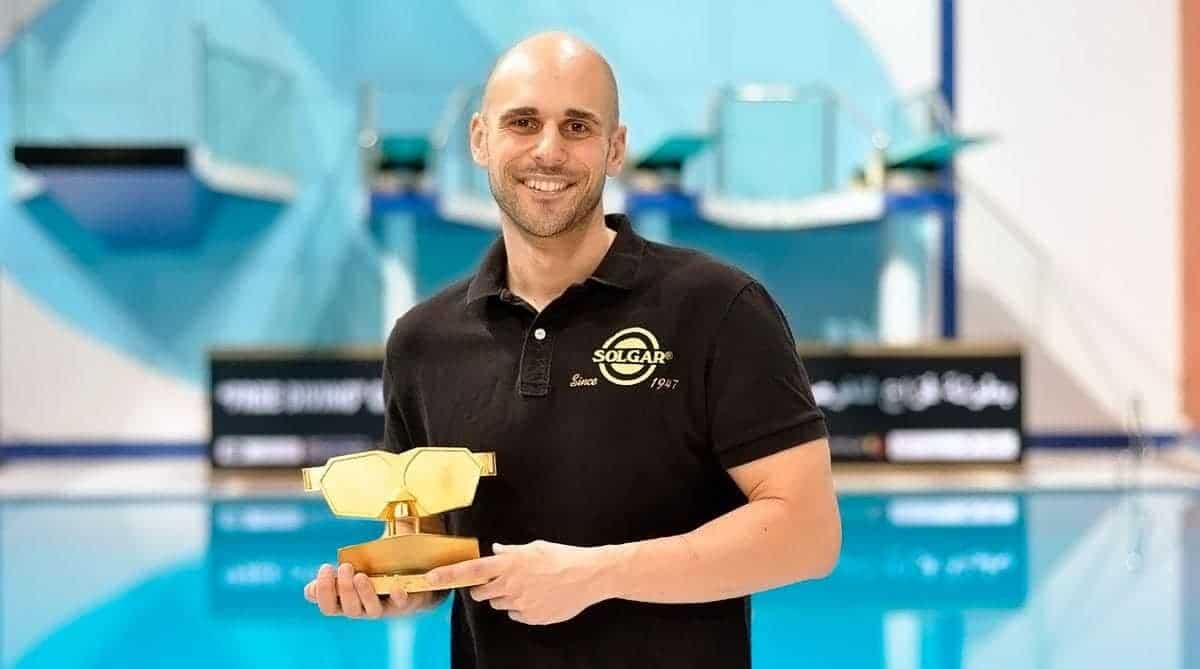
At the time the record was set, the Croatian diver Goran Kolak was a ten-time freediving gold medalist. However, the diver did not stop there and kept on training. As a result, he learned to hold his breath for 22 minutes and 30 seconds.
1st place – Alex Segura
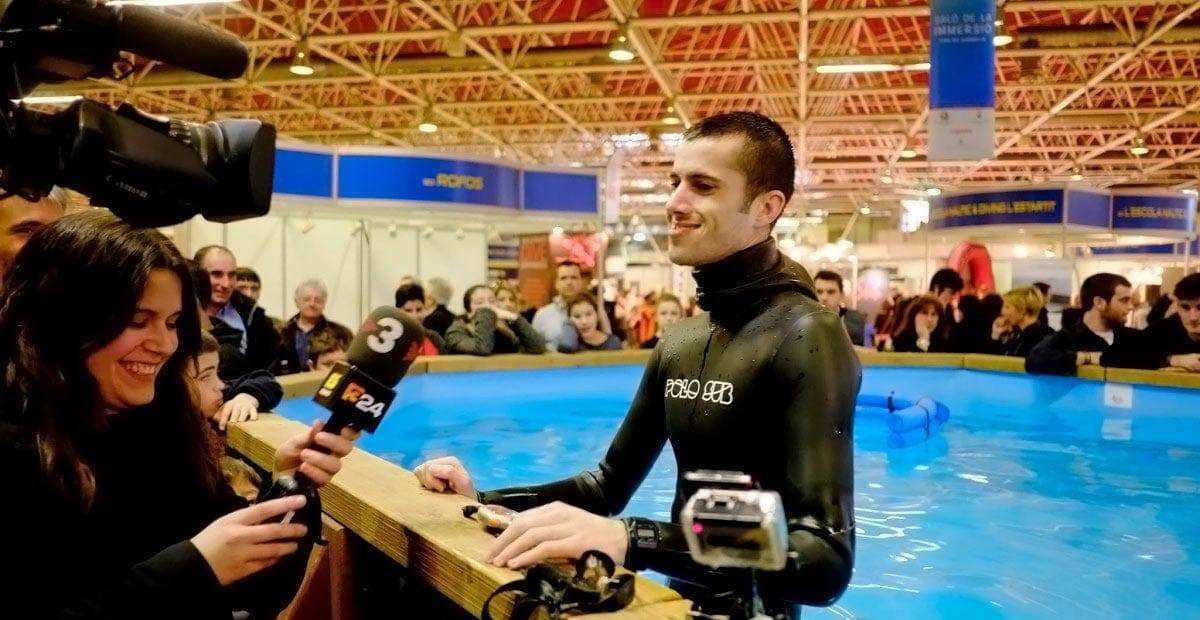
The record for holding your breath underwater belongs to Alex Segura. In 2016, he raised the bar to 24 minutes and 3 seconds, the highest breath-hold in history, and so far no one has been able to overcome it. Will there be a new champion or will Alex hold the world record? Time will tell.
What is static apnea?
Apnea is the scientific name for breath-holding, so static apnea is the second name for freediving (scuba diving).
The duration of apnea in an untrained person is no more than one minute.
As sports practice shows, this figure can be increased to unbelievable heights through regular training. Isn’t this an indication that human capabilities are limitless?
What happens to the human body without breathing?
 The physiology of apnea
The physiology of apnea
The prolonged absence of oxygen supply to the body causes a certain sequence of reactions in the body. The diver’s body goes through three stages:
Diaphragm cramps. In the first minute, the CO² level in the body rises sharply and the brain signals the body to take a breath. If the swimmer is able to overcome this strong urge, he or she advances to the next stage. A burst of energy. The cramps stop, the body is filled with vigor and strength. All thanks to the fact that the spleen, trying to save the shocked body from oxygen starvation, pumps about 15% of the blood enriched with oxygen into the circulatory system. Syncope.
The brain uses about 20% of all oxygen in the body. When it is deficient, it simply shuts down. Experienced freedivers tell us that their secret to their long-lasting ability not to breathe is to artificially “shut down the creature.” It’s as if they meditate, clearing their mind of all thoughts, thus reducing the oxygen consumption of the brain. And in This article describes the world records of freediving.
By studying his body signals, an experienced swimmer will be able to determine how much time he has left to dive. Cramps tell you that you still have a few minutes to spare. A burst of vigor and strength is the signal to surface, so you don’t lose consciousness right under the water.
Age is not a hindrance! Unique cases of holding your breath
These cases of diving… without scuba diving are truly phenomenal and defy all logic and common sense. In 1990, 70-year-old Russian V.M. Zabelin gathered experts from the Leningrad Research Institute of Physiology around his person, and set a record for holding his breath on land for 22 minutes. So he proved that an advanced age is not an excuse to give up sport.
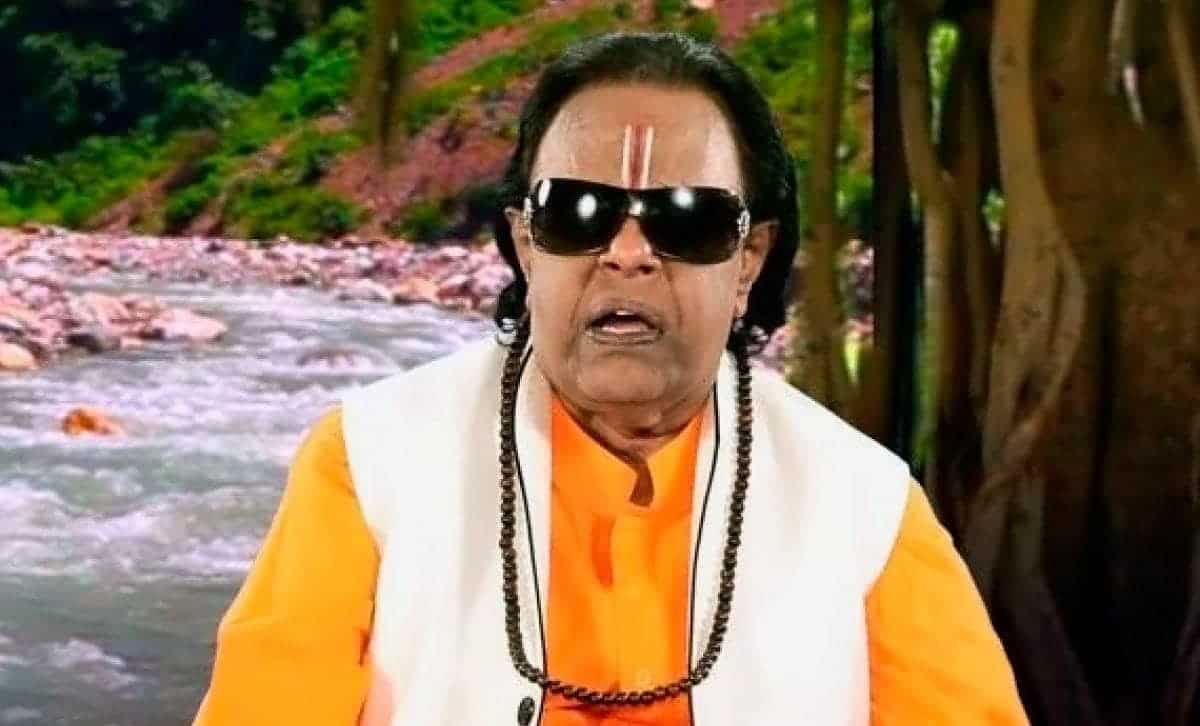 Ravindra Mishra
Ravindra Mishra
The second unique case still excites the minds of skeptics and a lot of controversy. A year after our compatriot, 70-year-old Indian yogi and ascetic Ravindra Mishra dived to the bottom of a lake, where he immersed himself in a deep meditative sleep of 6 days! If this is true, then the Indian meditation is the longest breath-hold in human history. But since the validity of this experiment has not been confirmed, the world achievement belongs to the swimmer Alex Segura.
The benefits and harms of breath holding
Breathing exercises with the right approach can have a powerful health effect on both the mental and physical levels, namely:
Slowing the aging process. Apnea slows the metabolism, thereby prolonging the youthfulness of the cardiovascular and respiratory system. Concentration. Breathing exercises help to calm the raging stream of thoughts and concentrate on the main task.
It is also worth mentioning the harms of such practices:
Hypoxia – one minute without breathing and the brain begins to suffer from hypoxia. Hypercapnia – without pure oxygen saturation, carbon dioxide begins to accumulate in the blood.
Dangers and contraindications
If you decide to test on yourself how much a person can not breathe underwater – make sure that you have no medical contraindications to this kind of practice.
Static apnea is a prohibited sport for people with the following ailments:
- diseases of the nervous system (epileptic seizures);
- lesions of the cardiovascular and respiratory system;
- blood clotting disorders;
- recovery period after surgery or serious illness;
A tendency to involuntary apnea – a respiratory arrest during sleep.
Pregnant women are not allowed to practice static apnea. For expectant mothers there are special breathing exercises that prepare the body of the expectant mother for childbirth and labor.
How to hold your breath for maximum time? Basic rules for athletes
The following guidelines are designed to improve your performance in achieving static apnea, without compromising your health.
Lose excess weight. Excess body weight is a serious strain on your heart, lungs, and skeleton. Find a balanced diet and exercise to get your figure in order. Learn to hold your breath on dry land. It is desirable that your assistant and mentor is a professional coach who knows freediving technique perfectly. In no case do not practice alone, because breathing exercises often cause dizziness and fainting.
If you do not have a partner – do it at home in a sitting position. Do yoga. Yoga is a great help for a diver. It teaches proper breathing, getting rid of extraneous thoughts and controlling your own body. Quit smoking. This habit can cause irreparable damage to the respiratory system. In addition, it is highly undesirable to be a passive smoker.
If you have set yourself a goal: practice tirelessly and listen to your own body. Who knows, you might be the one who sets the new world record.
The best underwater breathing exercises
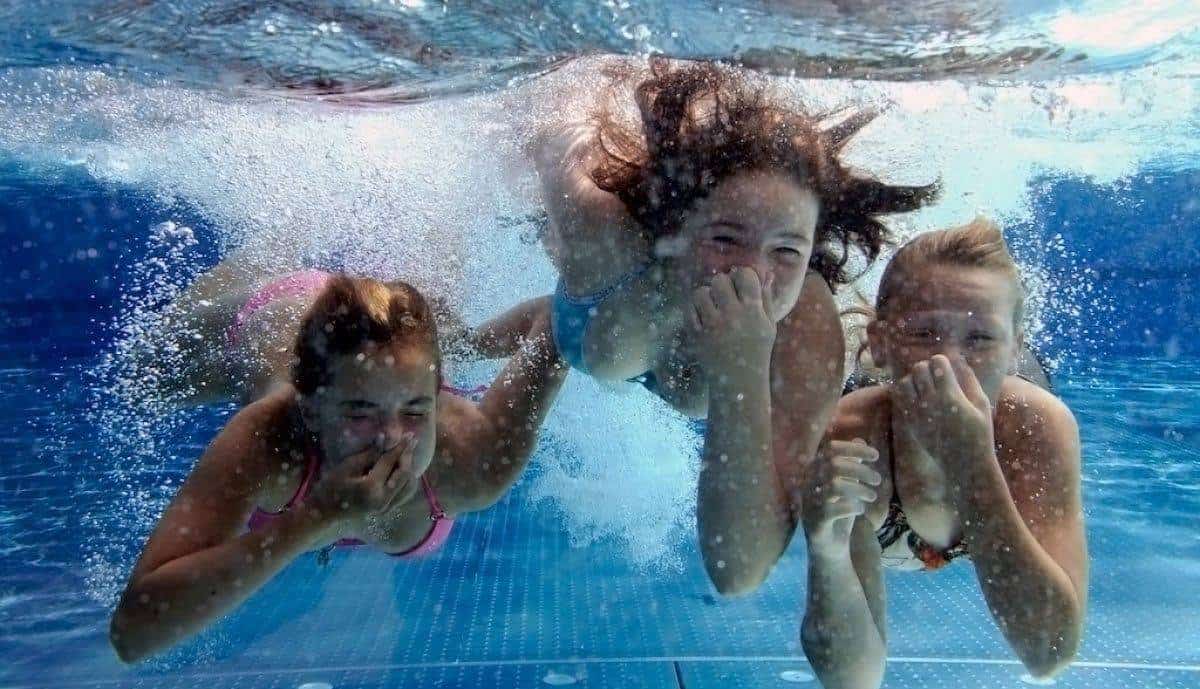
The following exercises will help you increase lung capacity and prepare you for diving:
Clearing your lungs of carbon dioxide. Lie on the floor with your arms along your body and relax. Take a slow, deep breath, and then an equally slow exhalation. You should feel your lungs emptying. There should be no tension in your chest. Continue the exercise for two minutes. Slow your heart rate. Exhale and then inhale quickly. Hold your breath for a fraction of a second, and then repeat. Do the exercise three or four times. Increase the amount of time without breathing each time.
Wash your face with warm water before doing the exercise – this will make you feel better and reduce the chance of dizziness.
Once you’re ready, move from land to water. In the pool, for starters. Practicing in open bodies of water without proper preparation can lead to extremely adverse consequences for your body. You should also follow certain rules in the pool:
Move smoothly. Each of your movements should be slow and measured – your body must get used to being in the water. Also learn how to relax and float on the surface of the water. Concentrate. Even if you feel a muscle cramp – learn not to panic. It may save your life.
Keep your head down. If you need to take a breath, dive down, but under no circumstances cock your head from a horizontal position. This can lead to arterial compression and oxygen starvation of the brain. Learn to use your peripheral vision. It will help you navigate underwater.
Do not try to conquer record highs at once. Start small and gradually increase the number and duration of exercises. Be persistent and systematic and enjoy your little victories.
Conclusion
Being able to hold your breath for long periods of time is a skill that swimmers, divers, athletes, and yogis use extensively. However, it can also be useful to the average person, because breathing exercises are great for training the lungs and increasing physical endurance.
Read More:
